 Three and a half years into our revised mission to restore the Cape’s waters and rescue our blue economy, we are ready to begin the healing process. Right now, that effort involves removing nutrients and contaminants from wastewater, which enters the groundwater predominantly through our septic systems.
Three and a half years into our revised mission to restore the Cape’s waters and rescue our blue economy, we are ready to begin the healing process. Right now, that effort involves removing nutrients and contaminants from wastewater, which enters the groundwater predominantly through our septic systems.
The principal problem we are facing is nitrogen overload. This starts with all of us – every time we flush, our urine goes through a chemical process, changing from ammonia to nitrogen as it travels with our groundwater into our lakes, streams, and estuaries. This nitrogen, coming from every septic system, is just too much, causing an overload. And as we are sure you have heard before, nutrient overload is the enemy of all water, causing cyanobacteria to bloom and making the water dangerous for human (and animal) use.
The healing process will take time and things are likely to get worse before they get better. As part of our plans to address this excess nitrogen issue, we began two groundbreaking projects this summer that will remove nitrogen both at its source (septic systems) and in the surface water of a local cranberry bog. You can read more about these initiatives on pages 4 and 5. These are small but important steps on a long journey to preventing further contamination and to restoring the quality of our water.
Shubael Pond, the primary site for our work using alternative septic system technology, is already closed for swimming due to cyanobacteria. And once again, the Three Bays estuary is experiencing shockingly low levels of dissolved oxygen, algal blooms, and sea sponge die-offs. As a reminder, the Marstons Mills River delivers nearly 9,000 kg of nitrogen annually, into the North, West and Cotuit bays – and that is just into those areas. Sadly, other bays, like neighboring Popponesset Bay that lies between Barnstable and Mashpee, are even worse off.
Embracing the new, more virtual world we now live in, we have started to build a video library to feature the positive steps we are taking to solve these problems with your support. Other topics feature BCWC’s additional work in the cranberry bogs, along with our water sampling and education work throughout Barnstable.
There will be no vaccine to cure the water conditions on Cape Cod. Instead, we must continue to work together to take incremental steps toward a healthy aquatic ecosystem. I am pleased to be able to say that we are now taking our first steps to remove nitrogen from our waters!
